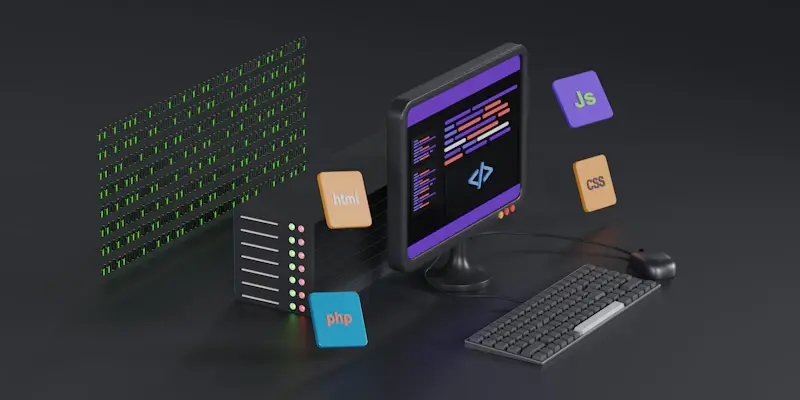In a world where technology evolves at a breakneck pace and new programming languages pop up routinely, it may seem counterintuitive that older languages like Fortran and Delphi are experiencing a resurgence. Based on the latest Tiobe index of programming language popularity, these so-called “dinosaur” languages are once again vying for a position in the top 10. As of March 2025, Delphi/Object Pascal holds the 10th position, with Fortran following closely at 11th. It’s not just these two languages seeing renewed interest; others such as Ada and Cobol are climbing the ranks, sitting at 18th and 20th respectively. This peculiar trend raises questions about what is driving the need for these older languages to maintain, and even regain, popularity in today’s technologically advanced landscape.
The resurgence of older programming languages, seemingly at odds with the rapidly innovating tech world, is primarily driven by the indispensable need to maintain crucial legacy systems. These systems, often built on languages like Fortran and Delphi, are still vital parts of many industries. As the core developers who originally created and maintained these systems begin to retire, companies face a pivotal decision. According to Tiobe CEO Paul Jansen, rather than overhauling established systems with newer, more modern languages, many companies find it more efficient to maintain and even expand their existing systems. The reliability, robustness, and specific context in which these older languages operate continue to make them relevant, and even vital, in certain sectors.
The Tiobe Index and Legacy Systems
The Tiobe index rates programming languages based on various factors, including the number of competent engineers, availability of courses, and third-party vendor support. Search engines like Google and Bing are among the resources utilized in compiling this index. For March 2025, the Tiobe index showcases an intriguing variety in popular languages, with Python leading the way at a 23.85% rating. Following Python are C++ at 11.08%, Java at 10.36%, C at 9.53%, and C# at 4.87%. The remaining top 10 includes JavaScript, Go, SQL, Visual Basic, and Delphi/Object Pascal.
Interestingly, a comparison with the Pypl Popularity of Programming Language index, which ranks languages based on Google search frequency, shows a similar pattern. Python is once again at the forefront with a whopping 30.27% share. Other top contenders listed include Java, JavaScript, C/C++, and C#. Despite newer languages entering the fray, older languages continue to hold significant positions, underscoring their ongoing importance in the technology ecosystem.
This pattern reflects a common theme: the sustained importance of older programming languages is due to their pivotal role in existing systems. Companies, bracing for the retirement of experienced developers, are hesitant to transition to newer languages. Instead, they opt to maintain and update their legacy systems, effectively prioritizing stability and continuity over flashy innovations. As a result, languages like Fortran and Delphi are not just surviving but thriving, affirming a broader trend toward ensuring reliability and consistency in critical technological areas.

